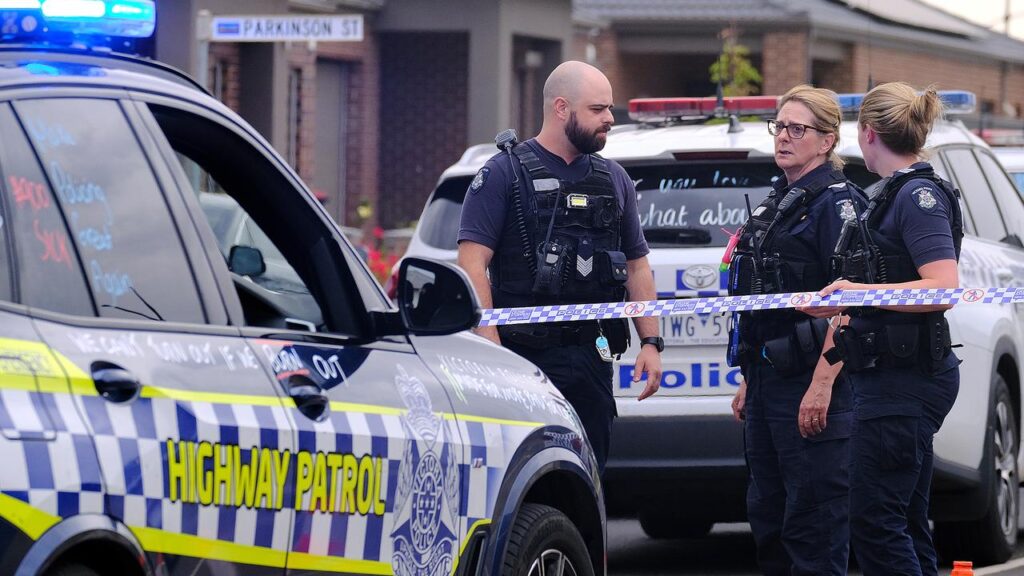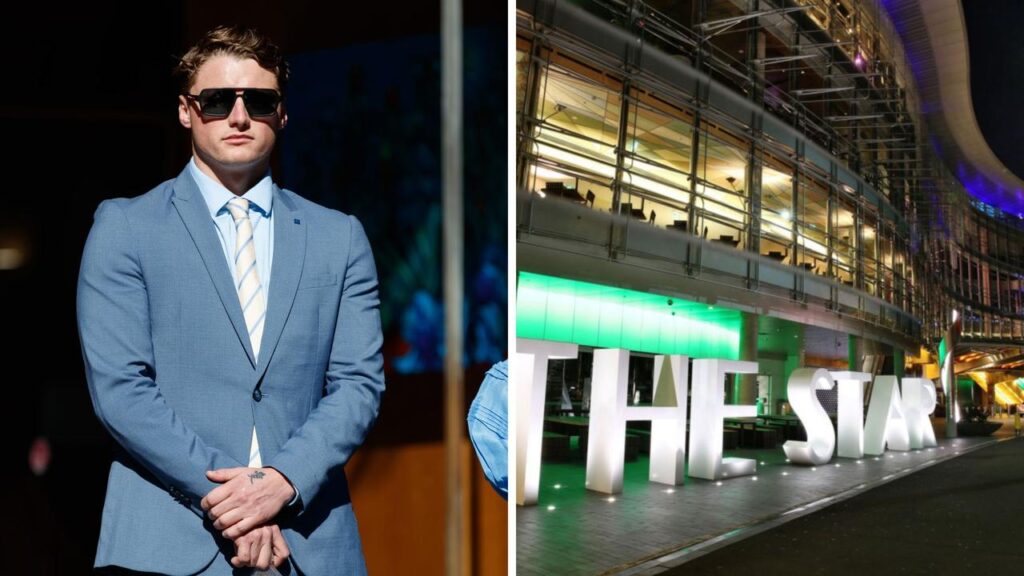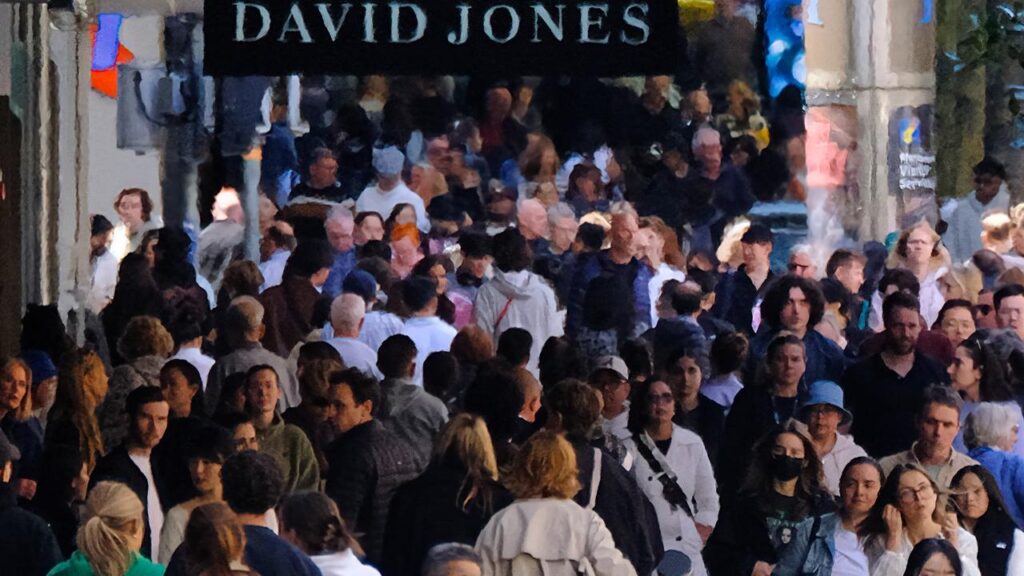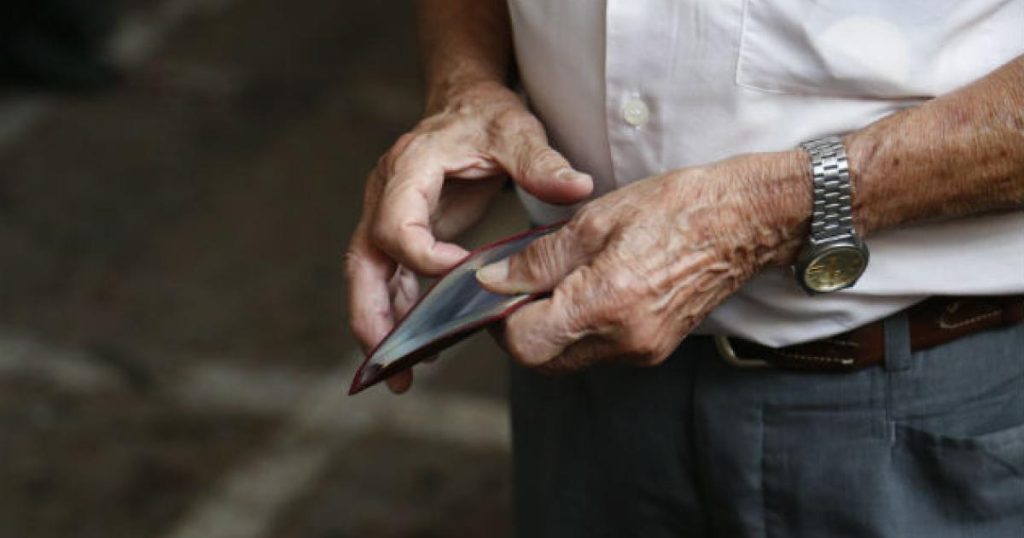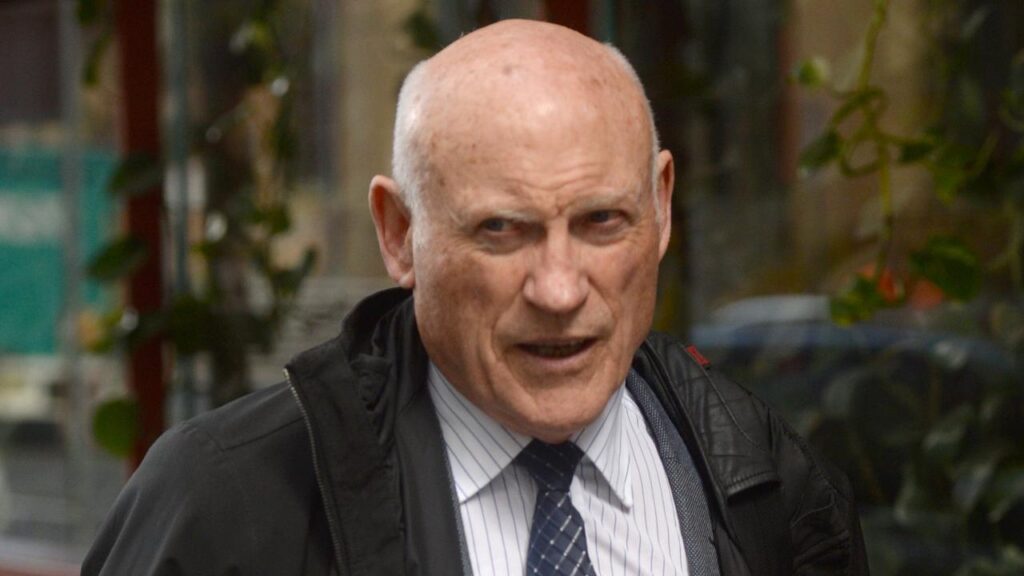‘Australia’s Trump’: The push for Peter Dutton to embrace Donald Trump’s campaign style
Written by admin on November 11, 2024
Peter Dutton could model himself on Donald Trump in a bid to woo disenchanted voters, who are tipped to lurch to the right at the next election in search of action on the cost-of-living and housing crises, experts say.
Just days after the US election result, some in the opposition are already posturing to push their leader to take a leaf from the Republicans’ book.
The Weekend Australian reported that figures within the Liberal Party have approached Republican strategists for tips and advice as it prepares a battle plan for next year’s election.
And conservative billionaire Gina Rinehart, a close friend of Mr Dutton, has said she wants to see Australia “watch and learn” from Mr Trump and his “full throttle repudiation of all things left”.
“[Mr Trump] stood armed with conviction, huge courage, incredible untiring effort, and a real love of the USA and the American people,” Ms Rinehart told The Sydney Morning Herald at the weekend.
“I do hope Australia watches and learns as they see that cutting government tape, cutting taxes, and cutting government wastage lifts people up, and lifts living standards.”
Labor voters up for grabs
Many commentators believe Mr Trump’s victory shows voters in the US were much more concerned about the cost-of-living issues he made central to his campaign than the social and existential messaging offered by Kamala Harris.
Mr Dutton could look to replicate that kind of strategy at the federal election next year by nabbing voters who traditionally might support Labor.
“Where people have lived through a period of high inflation, there’s a good chance they’ll blame the government,” a senior Liberal told The Sydney Morning Herald today.
Professor Frank Bongiorno from Australian National University said he’s inclined to agree, and suspects there’s plenty of excitement among the right flanks of the Coalition.
“[Dutton will] have taken heart from the strand of analysis about the US election that says voters turned against the Democrats because of cost of living pressures,” Professor Bongiorno said.
“Anthony Albanese and Labor will similarly prioritise the issue. They’ll both be looking especially to low and middle-income earners in outer suburbs and regional centres. Again, Trump’s successes in those kinds of places will have heartened Dutton.”
When he was PM, Scott Morrison “flirted with Trumpism” as a political strategy, but from the lens of being “a political entrepreneur looking for the next big thing” to maintain power, he said.
“Dutton is different from Morrison,” he said.
“He’s more ideological, less optimistic, more wedded to a particular way of seeing the world in which good people are besieged by malign forces of one kind or another. There is more congruence here with Trump’s rhetoric at least.
“Dutton has also shown he’s prepared to play some pretty rough politics on migrants and immigration, and of course he’ll always jump on any opportunity that arises on asylum-seekers.”
But Professor Bongiorno doesn’t see Mr Dutton going “too far along the Trumpian path”.
“We’ll be spared stories about cats and dogs here,” he quipped.
That said, he believes the next election “will be decided on the economy”.
“And I expect Dutton will hone in on that, while presenting Albanese as having taken his eye off the ball so far as the everyday concerns of ordinary suburban and regional voters go.”
Brewing anger at the system
Mr Trump received significant support from Americans who believe the country is broken, that government is ineffective and can’t be trusted, and that drastic and radical action is needed.
Much of that discontent was borne from inflationary pressures on household budgets, which the Republican campaign seized upon by making Mr Trump’s catch cry: “Are you better off than you were four years ago?”
Inequality here is fuelling growing distrust in democratic institutions, which threatens to undermine Australia’s social cohesion and sense of belonging.
Like Mr Trump did, Mr Dutton could take advantage of that sense of distrust by offering a stark alternative to the status quo.
Professor Nicholas Biddle, an economics and public policy expert at Australian National University, conducted research that found a reasonably high level of satisfaction with democracy is “slipping”.
“We found concerns about income inequality in Australia are strongly related to dissatisfaction with democracy,” Professor Biddle wrote in analysis for The Conversation.
“This suggests Australia’s satisfaction with democracy is at risk. It may erode further if voters think the major parties aren’t sufficiently responsive to the economic pressures they are under.”
‘Focus on Australia’
Mr Trump has signalled he would pull out of the Paris Agreement, the binding international treaty signed by 195 countries in 2016 that aims to tackle climate change.
The Australian today revealed several Coalition figures want Mr Dutton to swiftly follow suit.
Matt Canavan has called on the opposition to pledge to withdraw from the Paris Agreement entirely while his colleague Michelle Landry wants Australia’s net-zero target reviewed.
“People are desperate for leadership that focuses on Australia,” Senator Canavan told the newspaper.
“There are a whole lot of people having a mental breakdown post Donald Trump being elected. But the main lesson is we just have to take care of ourselves. The global rules-based order is no more. It is dead, buried and cremated.”
Mr Trump’s landslide win offered “an opening” for the Coalition to see where its “future” is, Ms Landry said.
“I think it is a discussion we need to have in the party room,” Ms Landry told The Australian.
“I’m dead against these wind towers and solar fields. They are just wreaking havoc in regional Australia and causing us a lot of grief. There needs to be a total review of what is going on.”
Push to import ‘culture wars’
Over the past few years, a faction of Australian conservatives have embraced the “culture wars” tactics that dominate modern US politics, Prudence Flowers, a senior lecturer in US history at Flinders University, said.
The Supreme Court’s decision to strike down Roe v Wade, which provided the constitutional right to abortion, emboldened that group to force Australia down a similar path.
That abortion became a major focus of the recent Queensland election is indicative of what might be coming.
“The furore over the future of reproductive rights in Queensland occurred in parallel with controversy over anti-abortion legislation introduced by state Liberal MP Ben Hood in South Australia,” Dr Flowers wrote for The Conversation.
“His bill required anyone needing to end a pregnancy after 28 weeks to have labour induced and for the baby to be delivered alive, regardless of the health outcomes for the pregnant person or infant.
“Peak medical and legal bodies condemned the bill, which critics described as a ‘forced birth’ measure. It was narrowly defeated in the upper house on October 16.”
Although, Mr Dutton is likely to be keen to avoid abortion becoming an issue in next year’s election campaign, Professor Bongiorno said.
He would rightly view at as an “electoral danger” given the vast majority of Australians are broadly supportive of existing laws.
But he may be more willing to go after another contentious issue – LGBTQ+ people and gender issues.
During the US election, Republicans funded a campaign that took aim at Kamala Harris’ support for transgender rights, with the slogan: “Kamala’s agenda is they/them – not you.”
Last Thursday, the day after Trump declared victory, Mr Dutton said in a media interview that Mr Albanese’s government was “more interested in pronouns than they are people”.
Small support for ‘Trump-like’ PM
Research conducted in August by DemosAU found “significant minority support” here for a prime minister who is cut from the same cloth as Mr Trump.
“Almost one in three males support the idea of a PM like Trump and support is also heightened among LNP and One Nation supporters,” the polling firm’s head of research George Hasanakos said.
“In contrast to the popular narrative of right wing support being concentrated among the working class, those with postgraduate degrees were more likely to agree with the statement than another other education cohort – perhaps reflecting higher support among those with business qualifications.”
Last week, a Resolve political poll found 29 per cent of Australians believe Mr Trump’s win will ultimately be good for Australia.
More Coverage
However, 40 per cent are worried the outcome will be negative, indicating the opposition has some work to do to successfully replicate the Republican strategy.
The same poll found Mr Dutton’s personal approval rating has leapt in recent weeks, with 45 per cent of those surveyed seeing him as doing a good job as opposition leader, up five points.
That puts him ahead of Mr Albanese, whose approval rate is at 38.


